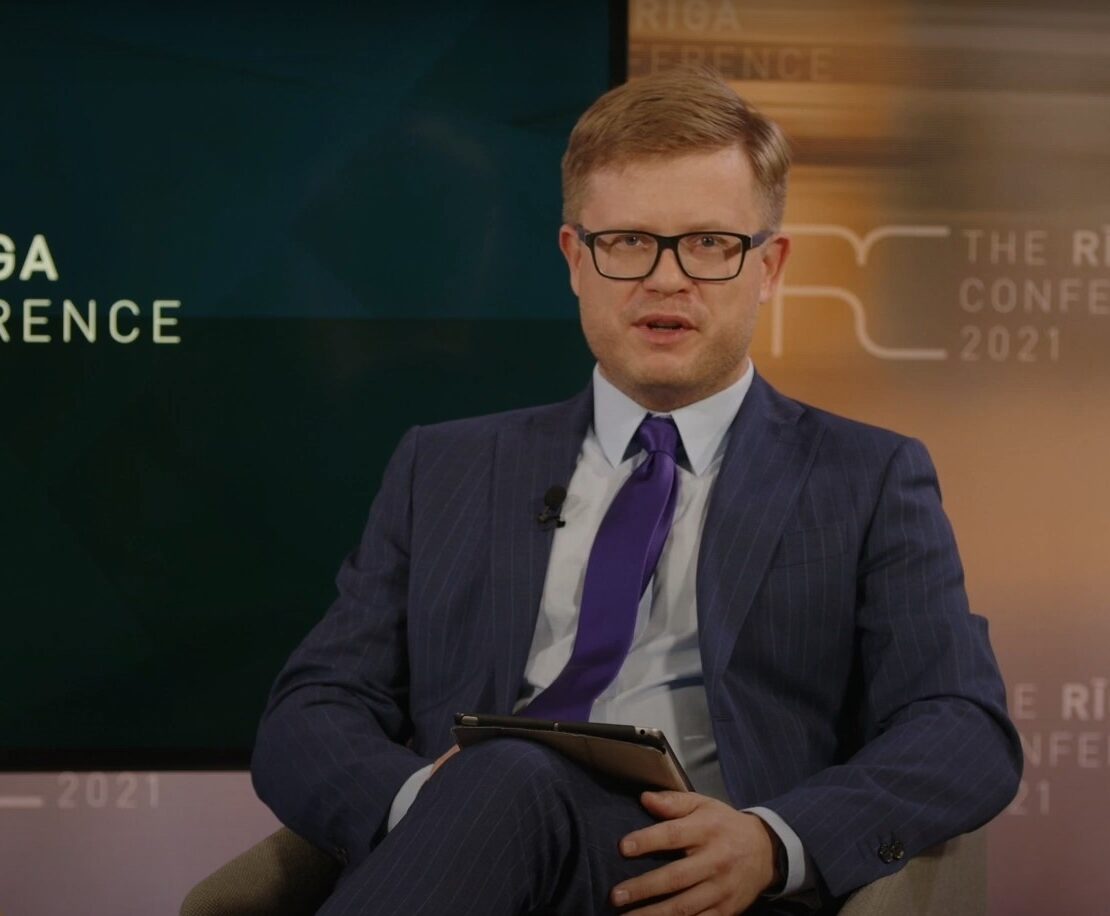Panel Participants:
Tsuneo Watanabe, Senior Research Fellow, Sasakawa Peace Foundation
Amb Anil Wadhwa, Distinguished Fellow, Vivekananda International Foundation
Natasha Kassam, Director, Public Opinion and Foreign Policy Program, Lowy Institute
Moderator:
Tomas Jermalavičius, Head of Studies, Research Fellow at the ICDS
A speaker remarked that there is a serious trend of rising Chinese ambition in the indo-pacific region, and the US should be more active in prevent escalation. An approach that was proposed is to consider the indo-pacific theater as a new balance of power dynamic, similar to that of Europe in the 18th century. Between Japan, India, China, and the US – countries should make sure to prevent the emergence of a single hegemonic power in the region, especially as it would have significant spillover effects in the rest of the world. Japan also needs to play a larger role, needing to contribute especially more to the regional economic order through more trade and finance – it could engage more infrastructural influence to counter that of China. The region also needs Europe to ensure that the international legal order survives, as it is more beneficial for everyone in the area except China.
The next panelist stated that Aukus is good policy but badly executed. But need more robust measures in the regime. We need to be careful with the discourse – try not to prime discussions with war as it is building on top of a multitude of interdependences. Aukus did not consult everyone relevant, there was no parliamentary debate to decide on nuclear submarines being in the public interest, as well as the lack of negotiation with external partners. Pragmatism should prevail, however, and the EU-Australia free trade negotiations should proceed regardless of French unhappiness with the project. What remains overlooked for Australia is its own capacity to bring weight in the region, many are worried that the US will leave, and AUKUS is a way to anchor US allies in the region, which is positive.
The next panelist began discussing the role of India. Reverting to the balance of power priorities, India is concerned with Chinese aggression in the form of unjustified territorial claims. The belt and road initiative is also a worrisome element for India, as they are slowly creeping infrastructural stakes around India, especially in Sri Lanka. India is moving in the right direction by working with allies in the region in terms of creating new interdependencies – economic and technologic. India aims thus to become a core part in critical supply chain groups in the region, focusing especially on semi-conductors. Thus, India has an opportunity to displace the Chinese economic interdepencies in the region.
There was a question about NATO – all panelists agree that NATO is a European-focused organization and as of yet is not a fitting model for the indo-pacific. At most, it is a useful learning tool. There is a lot of space for non-military and softer types of cooperation between NATO and regional partners to collaborate on, especially the protection of critical infrastructure and cyber-resilience.

